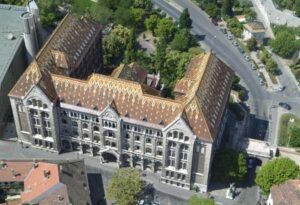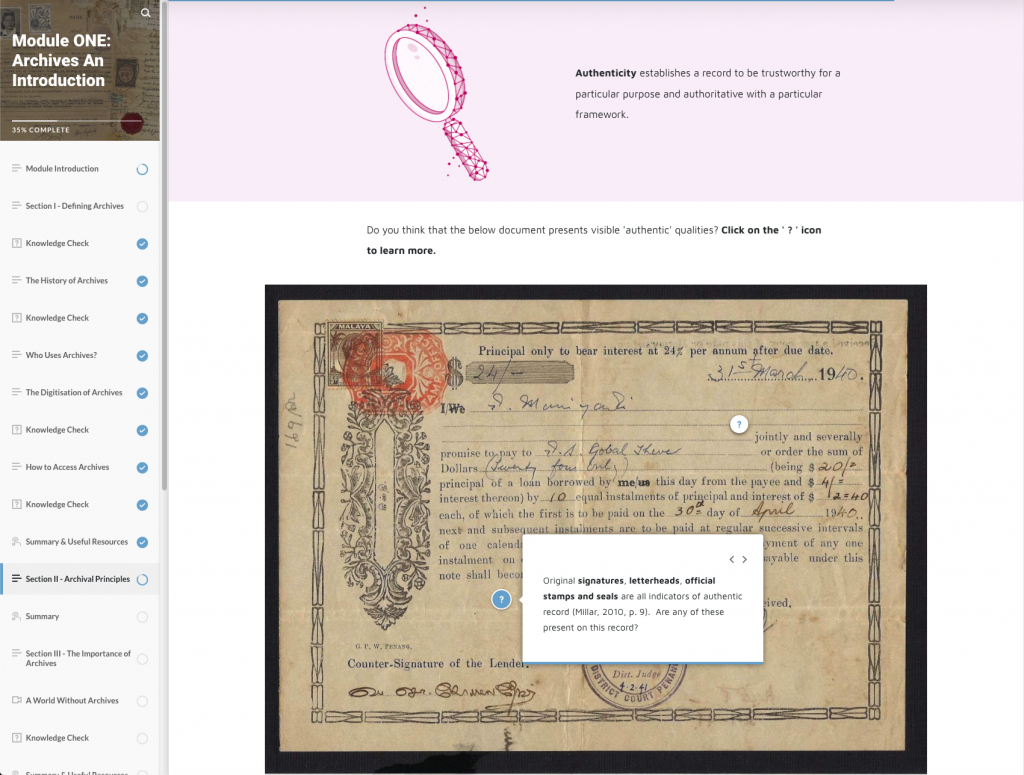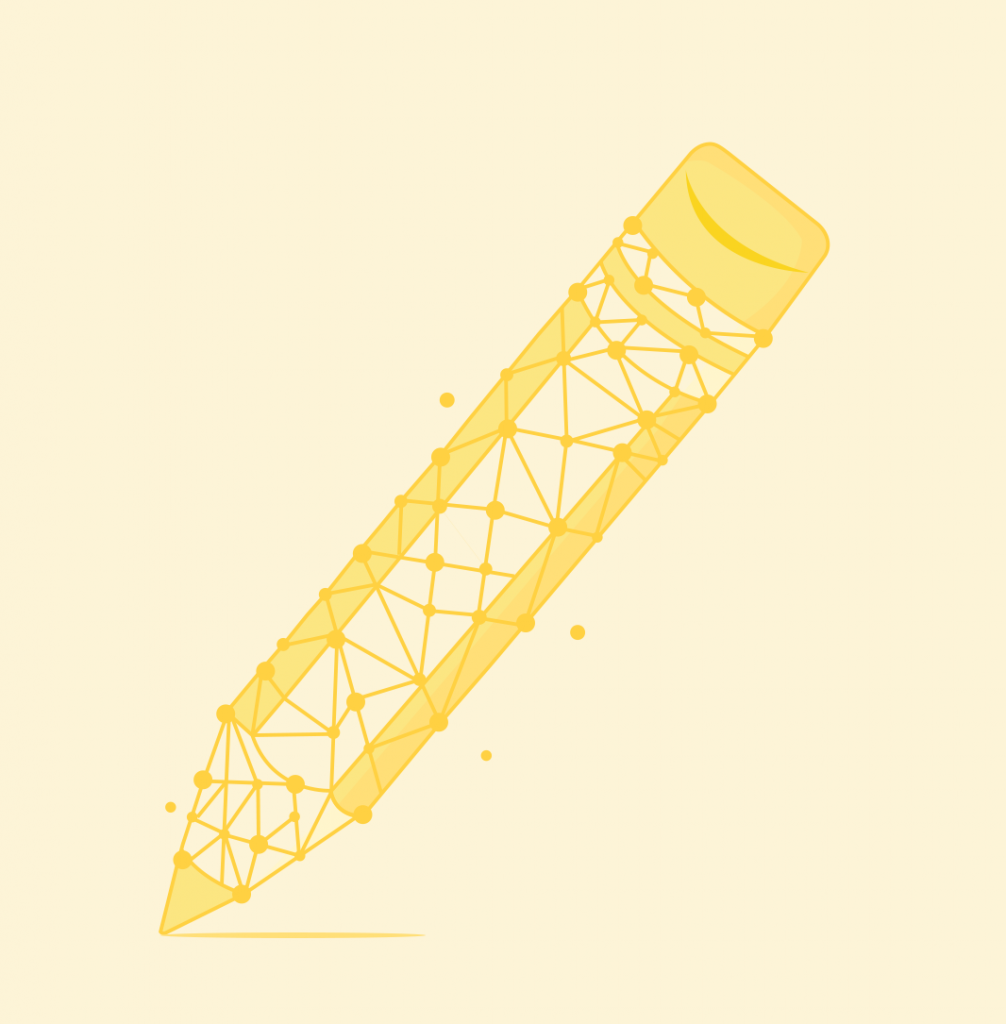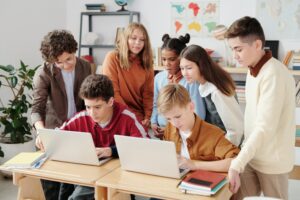Young Digital Treasures
Would you like to be the co-creator of a European Archives online exhibition? Would you like to be part of an international summer camp in Hungary?
If you are between 15 and 18 years old and you are a high school student, you can participate in our multimedia contest “Young Digital Treasures” that will be launched after the summer break.
The objective of the contest is for teenagers to make a free interpretation of one archival document about the construction of Europe selected by European Digital Treasures project, through any format that can be sent digitally, whether in words or images, audio or video. It might be a collection of photographs, a podcast, a song, a video, a cartoon, an essay, a poem, a song, a sketchbook… You can choose any of the following documents, tell us about the story it tells you and what your experience is when you approach to it. Even if you don’t think you have something to say, you do. There are stories only you can tell!
The ultimate objective is to build European identity and an active citizenship, bringing young people closer to the knowledge of the historical roots of Europe, of what unites us and what our values are.
The 18 best storytellers, selected by the jury, will be part of an international camp week in Hungary in the summer of 2022, attended by the winners of Norway, Hungary, Malta, Portugal, Spain and Austria. During the summer camp, you will visit and attend a workshop at the National Archives of Hungary in Budapest and then you will travel to different interesting historical places of Hungary where through multiple participatory activities, debates, contests… you will be the co-creator of The Youth European Archives time capsule (you will receive training from specialized archivists to develop these activities).

The objective of the camp is the selection of decisive documents for the understanding of European history to be left in a time capsule of the vision and experiences of the teenagers regarding European Identity and the History of Europe in 2022 for future generations of young people. By working in groups, you will create new products related to the documents selected and disseminate the results using your social networks.
Stay tuned for more info!
Archival Literacy Online Course
The Archival Literacy Online Course has been created to tackle some of the challenges faced by the archives in Europe. This includes the identification of new audiences, especially aimed towards the younger generations.
This course offers a sustainable and attractive tool linked to young user education on how to use archives, teaching them how to conduct research within the archival holdings, through traditional lectures and presentations in high schools and integrate the possibilities offered by archives, mostly in Humanities, specifically in areas like history, arts and geography.
Munster Technological University (MTU) with the e-learning design and development and the National Archives from the partnership as content providers, have developed this online training course on archival literacy orientated to the teachers, to guarantee a multiplier effect also in the students.
The course has been organised around three key modules:

- Module 1 will respond to highlight the importance of the archives and how to use them.
- Module 2 will be more practical and targeted the learners.
- Module 3 will offer teachers a collection of resources that they might find helpful in their teaching practice throughout these three topics (Pandemic and Epidemics, Economic Crises and Migration)
A pilot version in English was developed throughout 2020 to test it with a group of professors from every country participating in the project and improve it throughout 2021, under the supervision of the project Scientific Committee. A Spanish version has also been developed.

Click here to access the Archival Literacy Online Course (English and Spanish versions).
From 2021 onwards, the partners will promote its distribution and use through their national networks of schools and teachers and evaluate and assess the use and impact of the course as an efficient and sustainable new tool.

